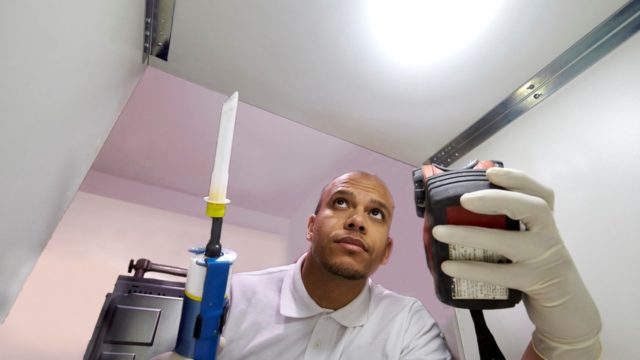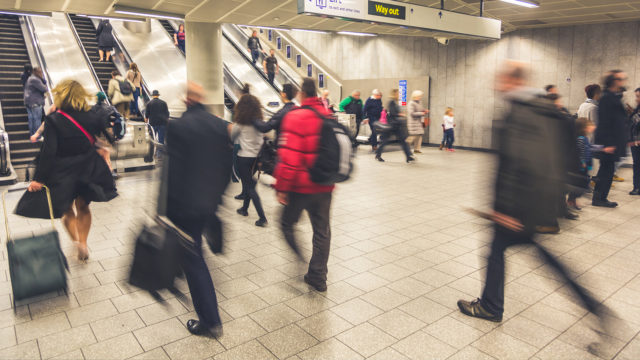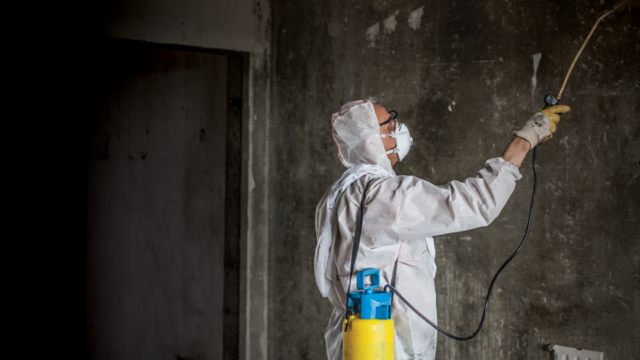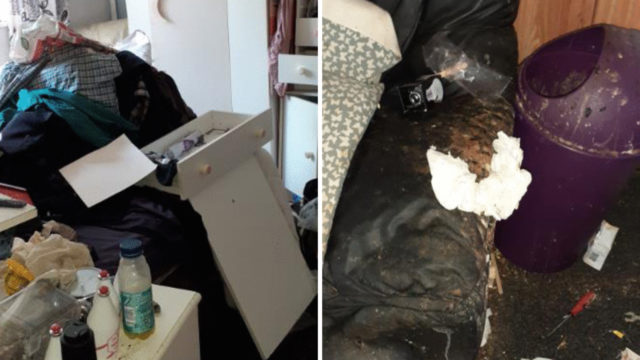A vision put forward by Health Secretary Matt Hancock of how post-COVID-19 mass testing can transform health standards can be well supported by an equally transformed cleaning industry, writes SafeGroup founder Steve Broughton.
The COVID-19 will fundamentally change the lives of many millions of people in the UK, but not necessarily negatively.
Steve Broughton was commenting after Matt Hancock told a parliamentary committee of MPs that the mass testing system set up to tackle COVID-19 could continue to be used to tackle other deadly diseases.
Mr Hancock wants to fundamentally change the way we identify illness and intervene early to treat it early and prevent the suffering and cost associated with serious disease.
Steve Broughton said: “I could immediately see how the cleaning industry can support his vision. We can help organisations across the UK create healthier and happier environments for staff, customers and the wider public.”
Matt Hancock sees the opportunity to use the UK’s new mass testing capability developed to fight COVID-19 to support a radical shift towards preventing illness rather than curing it.
He also wants to challenge the British culture of “soldiering on” when illness strikes, which spreads infections to even more people, at work and through extended networks of families and friends.
In his sights are the 10,000 flu deaths recorded every year in the UK, alongside the 30,000 pneumonia deaths, many of them related to flu. Other illnesses may be suitable for the same treatment.
Matt Hancock says he wants this new “massive diagnostic capacity” to be at the centre of how the NHS treats people before they become seriously ill. Preventing serious illness would save money, not cost more.
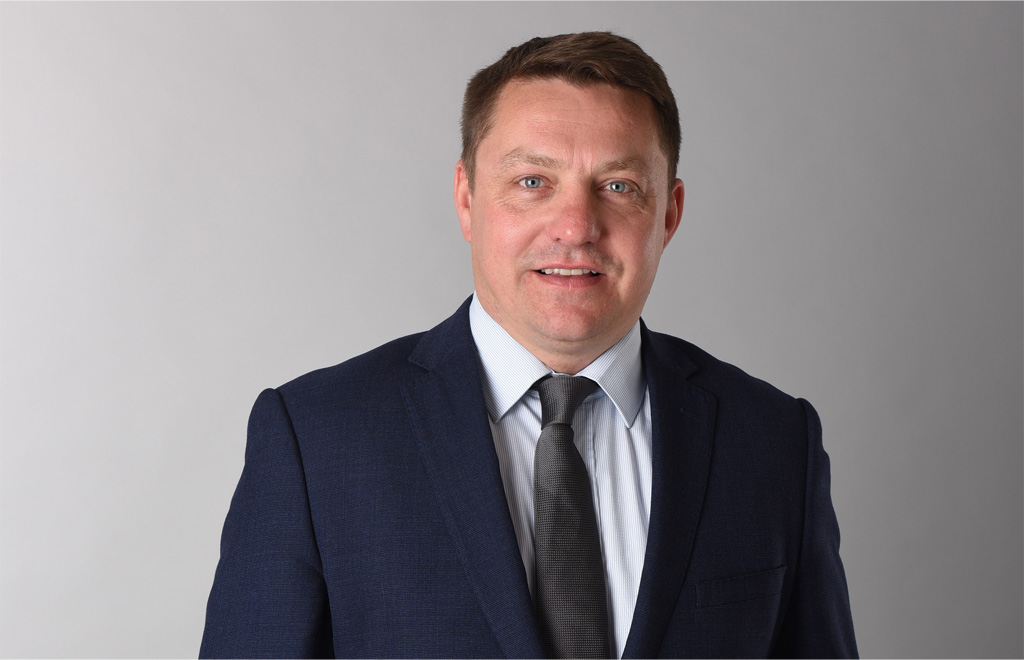
Steve Broughton said: “This makes perfect sense. The system will be needed again for the next pandemic. And the best way to maintain such capability is to use it, develop it, and perfect it.
“This new approach will have to operate in tandem with other changes to everyday practice, also triggered by COVID-19. Changes that can fundamentally support the health secretary’s vision. One of them our approach to hygiene and cleaning.”
As a national emergency specialist cleaning, decontamination and waste services provider, SafeGroup has been at the forefront of the fight against COVID-19 through cleaning and disinfection.
From the moment the pandemic started, its teams have been helping airports, hospitals, schools, public transport providers and many other organisations, public and private, stay operational.
SafeGroup already had the bio-hazard expertise and capability. Led by Steve Broughton, it was quick to see the pandemic threat, investing in additional resource and technology to deliver the most effective COVID-19 cleaning service.
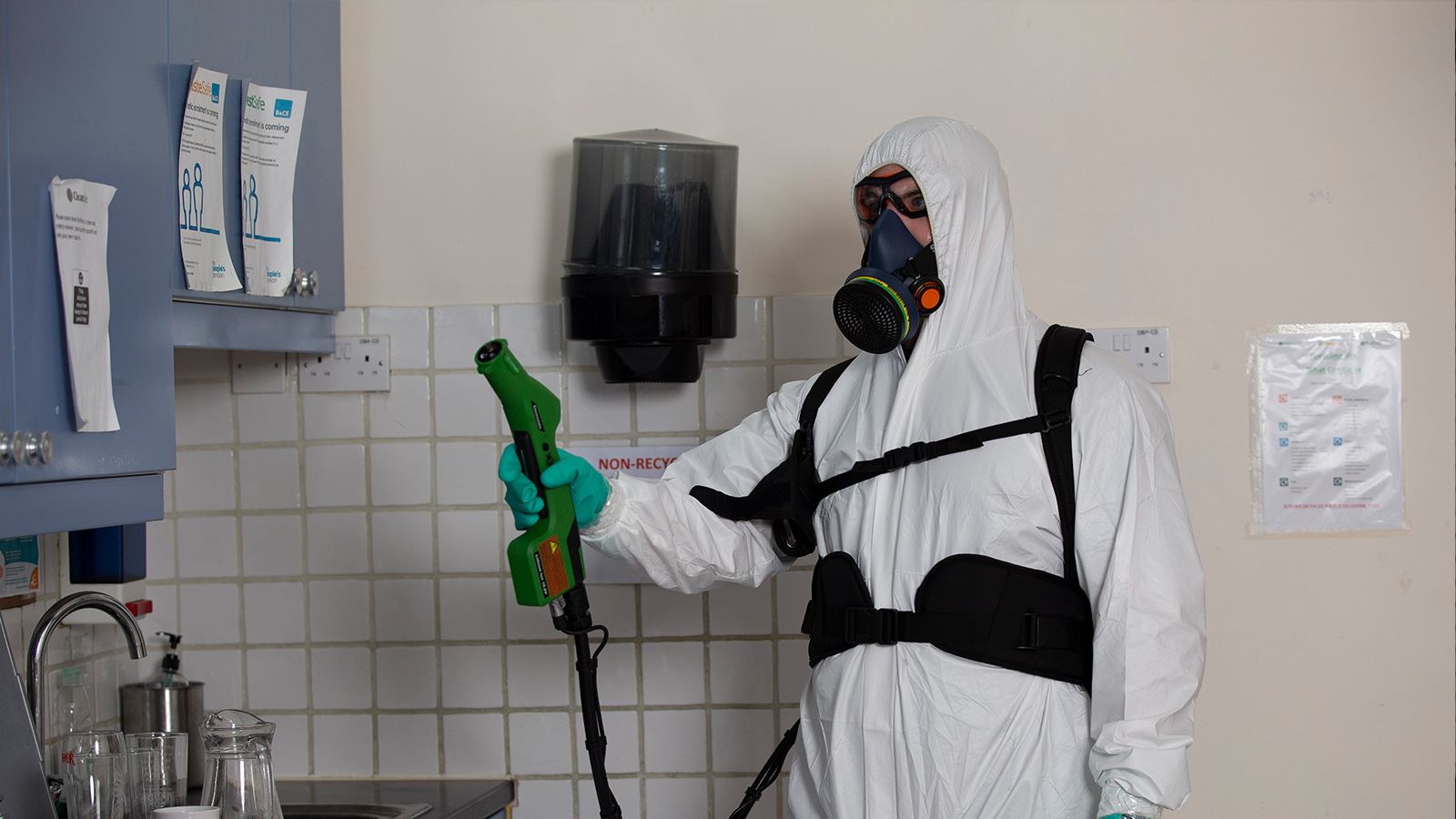
Steve Broughton explained: “Now we can use electrostatic disinfection spray treatment and ozone fogging to quickly and effectively decontaminate spaces. Then keep them safe through on-going treatment.”
The benefit of COVID-19 cleaning was demonstrated when Channel 4’s Dispatches tested trains and buses for COVID-19 and found no traces. It went on to praise Transport for London’s decontamination programme.
It was a great message for TfL. It was also good for SafeGroup because its teams carry out electrostatic spraying of 75% of London buses. TfL’s reputation for providing safe public transport was enhanced.
Steve Broughton, who is has a degree in biology, said: “Our experience tells me the reassurance provided by effective disinfection cleaning will be vital to our continued recovery from COVID-19. Especially getting people back to offices and other high functioning workplaces.
“Many people place huge hopes on vaccines. But their true effectiveness is not yet clear. Many others will refuse to be vaccinated. It could be a year before full benefits begin to be realised.
“In the meantime, COVID-19 cleaning will be essential. It is why we are working with national retailers to support their Christmas sales.
“I believe, the pandemic has also changed our attitudes to hygiene, probably for good. Which is why more intensive cleaning is here to stay. Matt Hancock’s vision for preventing illness adds weight to my conviction.
“Employees, customers and the public in general will demand cleaner, more hygienic spaces. A pivot towards mass testing for illness, for example for flu, using the NHS’s new capabilities will only embed that trend more deeply.”
The testing system could identify individuals at risk and hotspots of infection, for example offices or a railway station. Then action will need to be taken.
A key response is very likely to be specialist disinfection, a process that reassures staff, customers and wider stakeholders, including the media.
The current test and trace system is already driving this process. Before COVID-19, people struggled on at work or recovered in secret at home. Test and trace has changed that dynamic, probably for good.
Combining testing systems with mobile working apps could take this a step further. It will be possible to track how infection spreads through work and public spaces and devise appropriate cleaning and social distancing counter-measures in real-time.
Steve Broughton explained: “We are already talking to a leading asset tracking and social distancing app developer about how we can incorporate such an approach in more responsive delivery of disinfection cleaning.
“There will no doubt be pushback against the health secretary’s vision. Personal freedoms and best use of resources will come into play.
“But we, as a business, are ready to talk to anyone about how our expertise can help develop new ideas in infection control, for the good of us all. More effective, smarter and better targeted disinfection cleaning is here to stay.”
